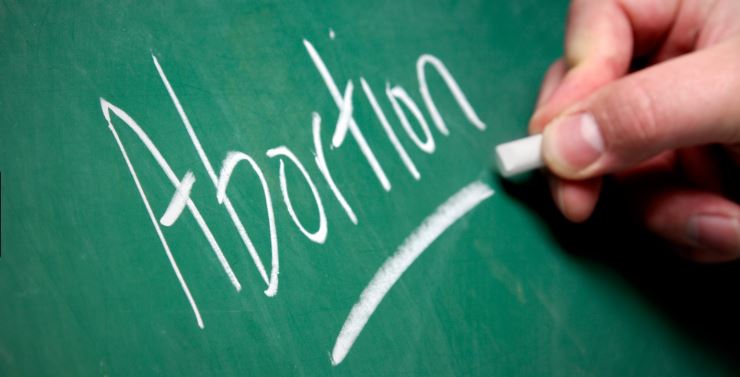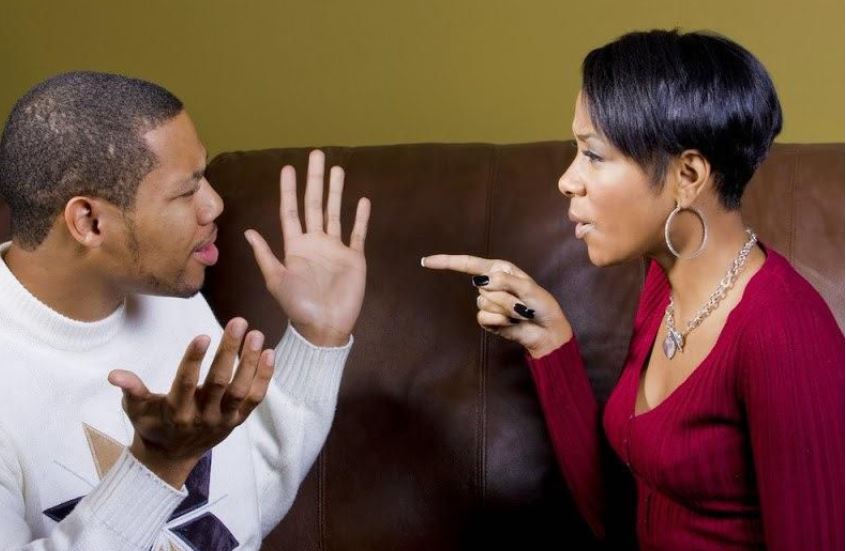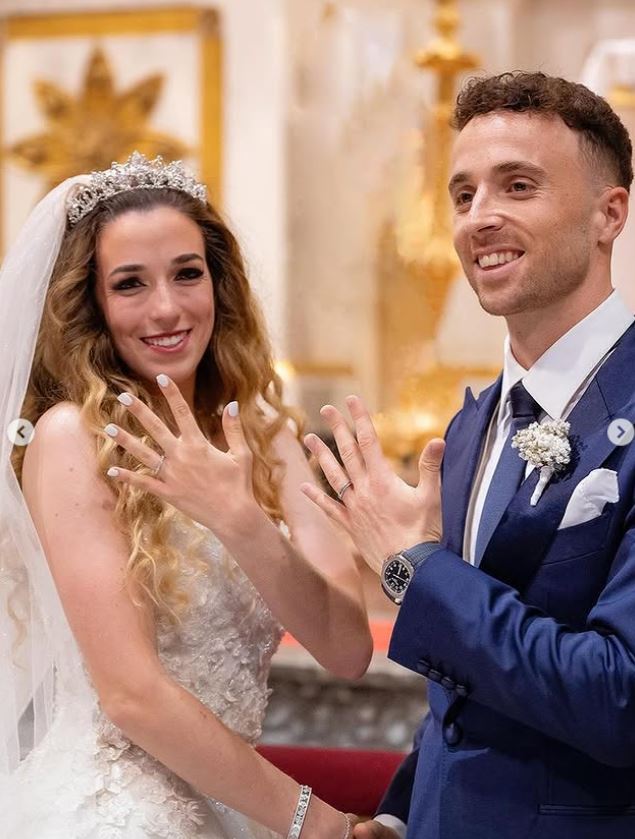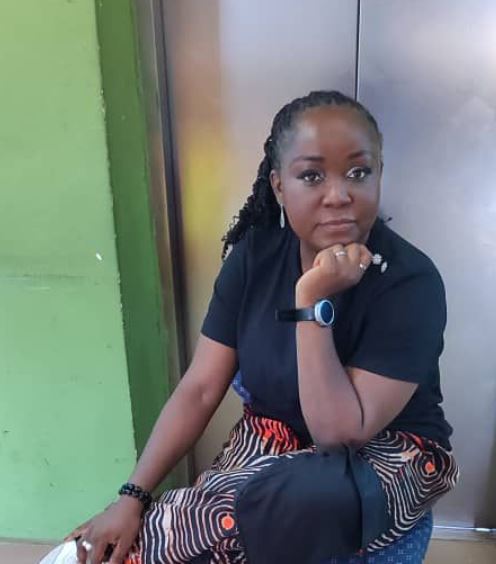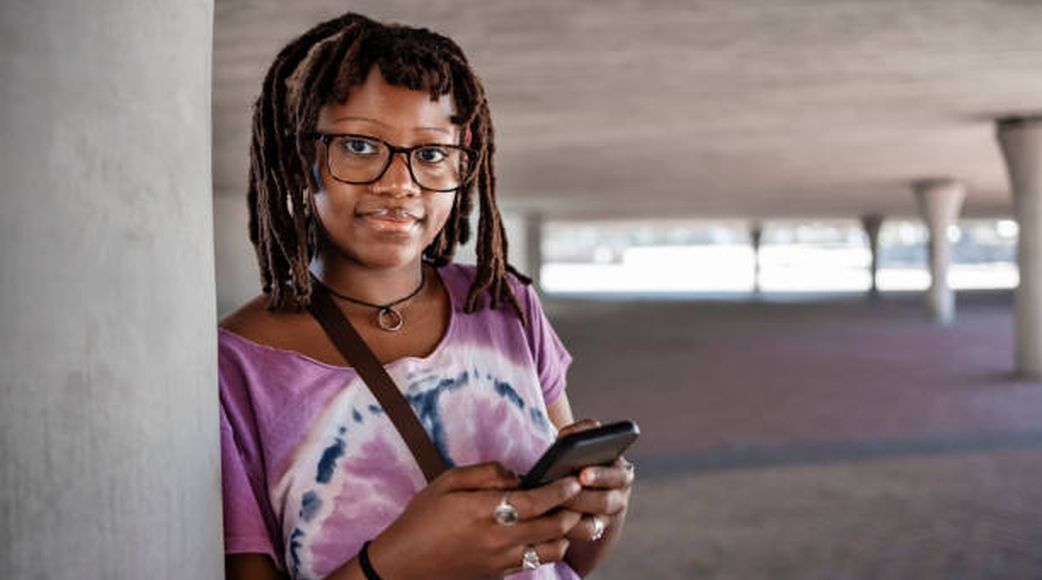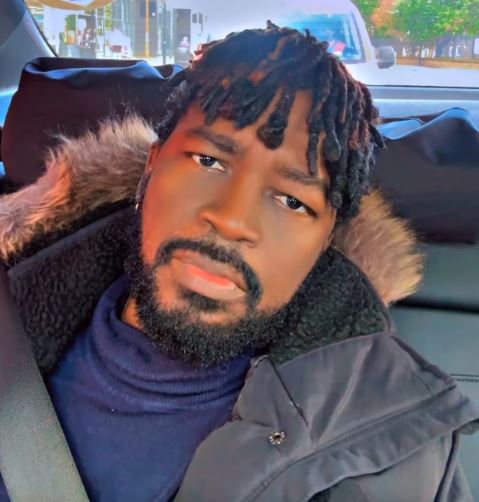Supreme Court overturns Roe v. Wade, ending right to abortion
The U.S. Supreme Court has officially overturned Roe v. Wade on Friday, June 24, declaring that Americans no longer have a constitutional right to abortion.
In the court’s most closely watched and controversial case in years, a majority of the justices – all of whom were appointed by Republican presidents – held that the right to end a pregnancy was not found in the text of the Constitution nor the nation’s history.
The court, in a 6-3 vote, upheld a Republican-backed Mississippi law that bans abortion after 15 weeks.
Writing for the court majority, Justice Samuel Alito said: “Roe was egregiously wrong from the start.
“Its reasoning was exceptionally weak, and the decision has had damaging consequences. And far from bringing about a national settlement of the abortion issue, Roe and Casey have enflamed debate and deepened division.”
The court’s three liberal justices dissented.
In a joint dissenting opinion, Justices Stephen Breyer, Sonia Sotomayor and Elena Kagan heavily criticized the majority, saying: “With sorrow — for this Court, but more, for the many millions of American women who have today lost a fundamental constitutional protection — we dissent.”
“After today, young women will come of age with fewer rights than their mothers and grandmothers had,” Associate Justice Stephen Breyer added in a dissent joined by the court’s two other liberal justices. “The majority accomplishes that result without so much as considering how women have relied on the right to choose or what it means to take that right away.”
Roe v. Wade was centered around ‘Jane Roe’, a pseudonym for Norma McCorvey, a single mother pregnant for the third time, who wanted an abortion. She sued the Dallas attorney general Henry Wade over a Texas law that made it a crime to terminate a pregnancy except in cases of rape or incest, or when the mother’s life was in danger – arguing that the law infringed on her constitutional rights.
The Supreme Court’s ruling came in the pivotal case Dobbs v Jackson Women’s Health Organization, in which the last abortion clinic in Mississippi opposed the state’s efforts to ban abortion after 15 weeks and overturn Roe in the process.
The ruling means that individual states now have the power to decide on whether to ban abortion.
The Guttmacher Institute, a pro-choice research group, has said that 26 states are “certain or likely” to ban abortion now.
It means the women with unwanted pregnancies in many parts of America will now face the choice of traveling to another state where the procedure remains legal and available, buying abortion pills online or having a potentially dangerous illegal abortion.

